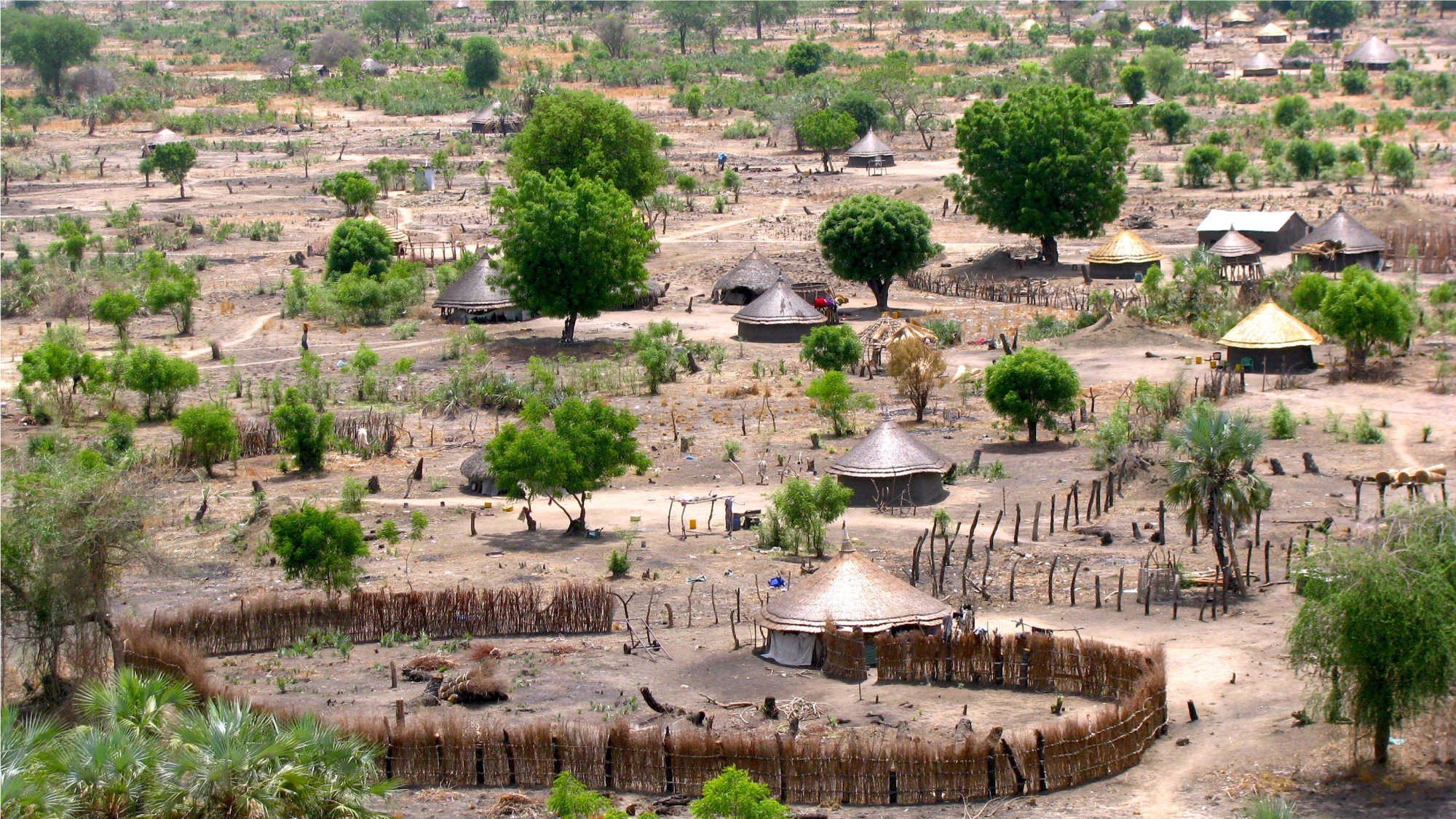
Every day, millions of women and girls become victims of violence. Whether we hear about it through the media, reports or social media, there is a constant flow of information on the atrocities against women across the world. The situation is even more critical for women and children who live in communities that experience war and conflict, where they are often the targets of attacks.
On International Day for the Elimination of Sexual Violence in Conflict, Margherita Scalisi, Assistant Manager on our Governance, Security & Justice practice, highlights our work to protect women and take action against sexual and gender-based violence in South Sudan.
Action through documentation and reporting
From 2019 to 2022, Tetra Tech carried out the Technical Assistance to the Peace Processes in South Sudan programme. Funded by the UK’s Foreign, Commonwealth and Development Office (FCDO), our work prioritised gender sensitivity, analysis, and awareness. These efforts were spearheaded by our Civilian Affairs and Gender Advisor, Grace Wangari, who was seconded to the Ceasefire and Transitional Security Arrangements Monitoring and Verification Mechanism (CTSAMVM). The mission of the CTSAMVM was to document the extensive violations on women, children and vulnerable groups, as well as emphasising the importance of gender analysis through gender and conflict-sensitive training and a gender-sensitive checklist for all UK-funded Advisors.
Throughout the programme, these Advisors focused on improving the CTSAMVM’s reporting of incidents of sexual and gender-based violence (SGBV), which was instrumental in taking action against SGBV and holding perpetrators accountable. Their recommendations were welcomed and embraced by government institutions – such as the South Sudan People’s Defence Forces – which set up martial courts and held trials for perpetrators, including the District Courts Martial in the town of Yei, in Central Equatoria state, in 2022.
Our effort was two-fold: the December 2021 SGBV Trends Analysis Report highlighted the main hotspots of SGBV in the country. This allowed CTSAMVM to identify the forces responsible for the violence more easily. The identification of these hotspots also enabled the Advisors to inform on the trends over the reporting period and use that data as baseline for future reporting, which improved its accuracy and increased the mechanism’s accountability.
Increasing gender and conflict sensitivity
In collaboration with our Civilian Affairs and Gender Advisor, the programme then mainstreamed gender and conflict sensitivity. As an operational mission, CTSAMVM deployed Monitoring and Verification teams on the ground made up by IGAD-funded international observers (IOs) tasked with the investigation of such incidents; our Advisors trained the IOs, including on how to report and prioritise SGBV in their investigations. This training has now been incorporated into the compulsory induction training every IGAD international observer completes.
The Civilian Affairs and Gender Advisor also focused on empowering women leaders in various forums to work together with the CTSAMVM teams across the country – including Juba, Bor, Wau, Yei and Torit – to improve SGBV reporting and lobby institutions on holding perpetrators accountable. These forums engaged over 500 women and women’s civil society organisations’ representatives across these locations to establish and strengthen coordination and communication between states, administrative areas and national Civil Society Organisations.
Supporting South Sudan’s Peace Agreement was no easy feat – but through Tetra Tech’s support, we were able to enhance the ability of key players and stakeholders to effectively participate in the implementation of the Peace Agreement and make SGBV reporting a priority.